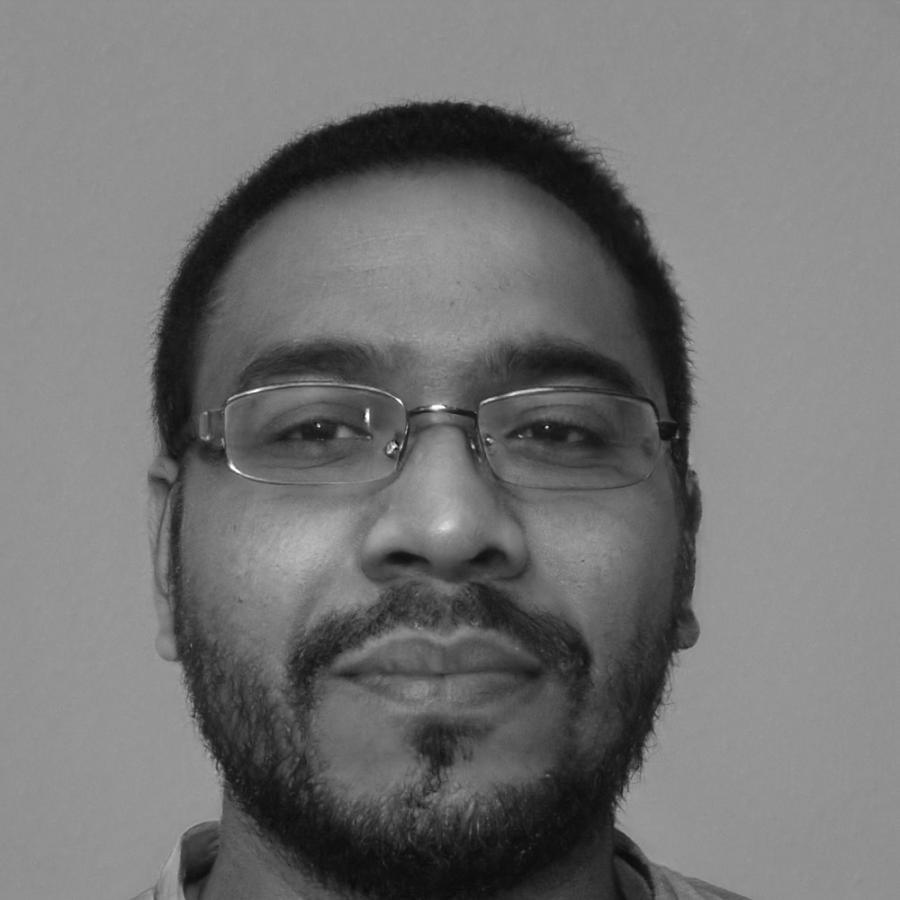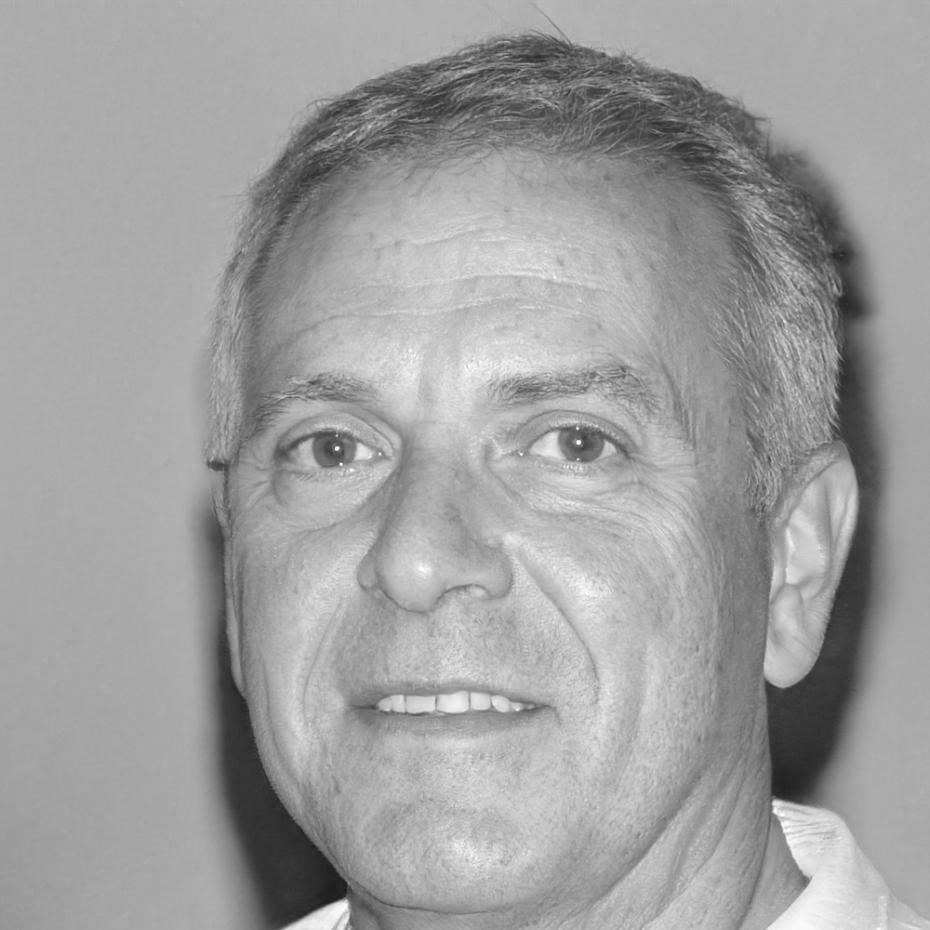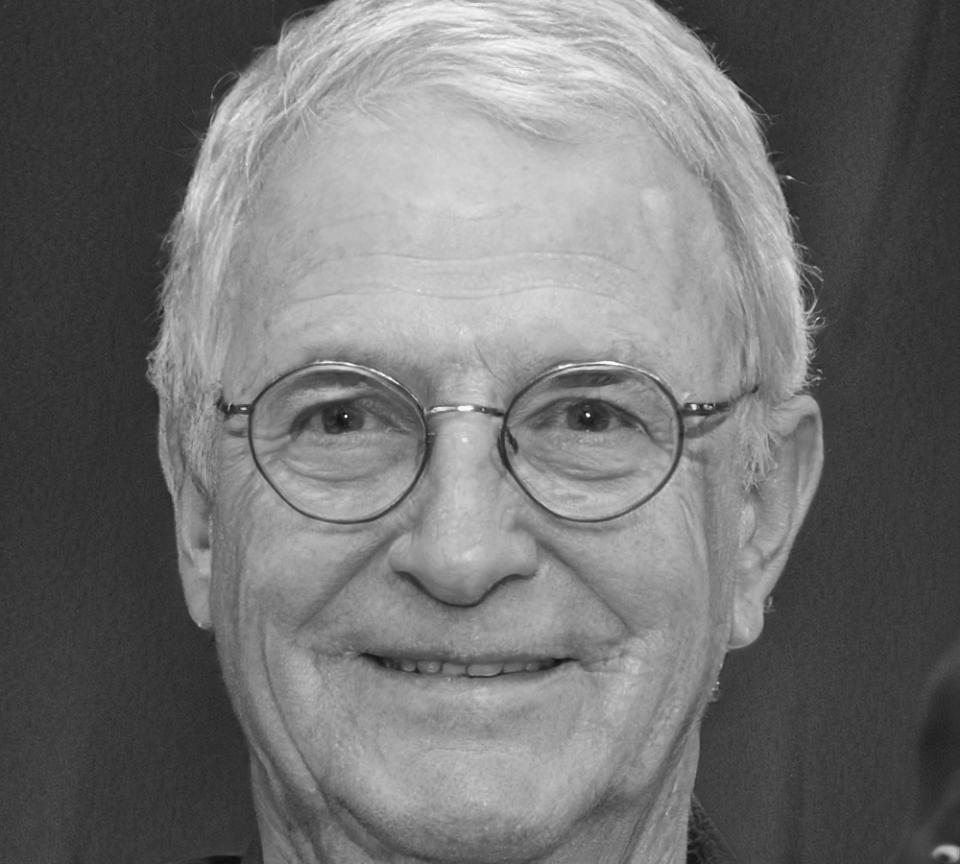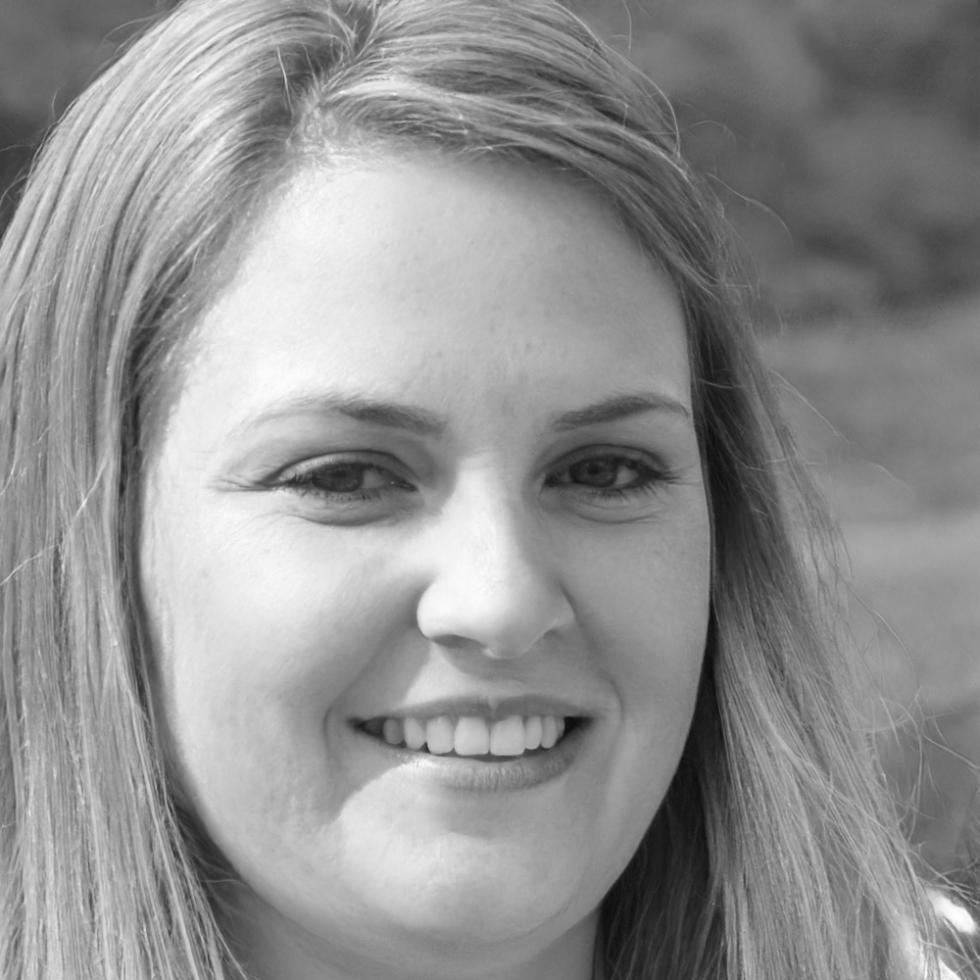Unity Game Development Program
Build real games from scratch. Work with experienced developers who've shipped titles on Steam and mobile platforms. Our next cohort starts September 2025.
Reserve Your SpotWhat You'll Actually Build
Forget about theory-heavy courses. You'll spend your time writing C# code and solving real problems that game developers face every day.
2D Platformer Foundations
Start with player movement, physics, and collision detection. You'll build a small platformer that feels responsive and fun to play. Most students finish this around week 8.
3D Environment Project
Create an interactive 3D space with lighting, materials, and basic AI. This is where you'll start making decisions about game feel and player experience.
Your Own Game Concept
The final months focus on your original idea. Pick a genre, design your systems, and ship something playable. We'll help you scope it realistically.


Questions People Ask
Organized by where you are in the decision process
Before You Apply
Do I need programming experience?
Some helps, but it's not required. If you've written any code before—even HTML or basic Python—you'll be fine. We assume you understand variables and functions. We'll teach you C# from there.
What equipment do I need?
A Windows or Mac computer with at least 8GB RAM. Unity runs on both. You'll also need around 20GB of disk space for the engine and projects.
How much time should I expect to spend weekly?
Around 12-15 hours. That includes two 90-minute live sessions and your project work. Some weeks you'll need more time if you're tackling something complex.
During the Program
What if I fall behind on a project?
We schedule buffer weeks specifically for catching up. You can also book one-on-one time with instructors. Most students hit a rough patch around the 3D project—it's normal.
Can I work on my own game ideas alongside the curriculum?
Absolutely. Many students prototype side ideas during free time. Just make sure the core projects get done first. Your final project is where you go all-in on your own concept.
How do live sessions work?
We meet twice a week over video call. Sessions mix live coding, problem-solving, and Q&A. Recordings are available if you miss one, but showing up live is way more valuable.
After Completion
What happens to my projects after the program?
They're yours. We encourage students to publish their final project on itch.io or as a Steam demo. Several alumni have turned their capstone into early access releases.
Do you help with job searching?
We'll review your portfolio and give feedback on how to present your work. Some alumni have found junior positions, others went indie. We don't promise jobs, but we'll help you figure out next steps.
Can I come back with questions months later?
Yes. Alumni can join our Discord community and occasional advanced workshops. We stay in touch with most graduates.
Who You'll Learn From
Our instructors have shipped games, worked at studios, and know what it takes to go from beginner to competent developer.

Oskar Lindqvist
Lead Instructor

Drazen Kolaric
3D Specialist

Thierry Gasquet
Systems Design

Anara Bektasova
C# Mentor